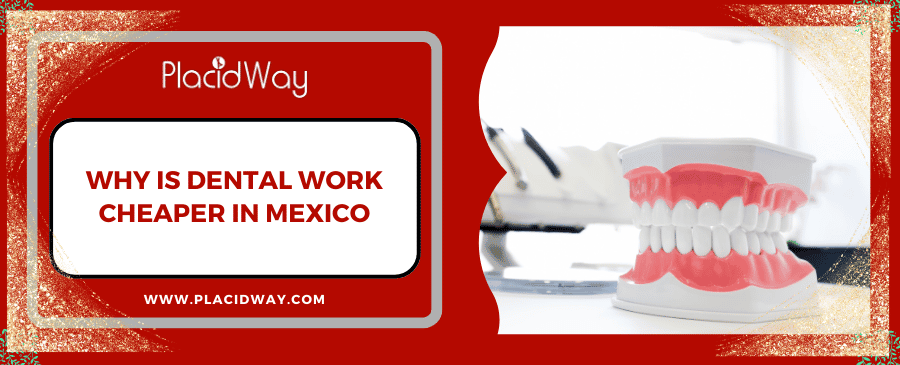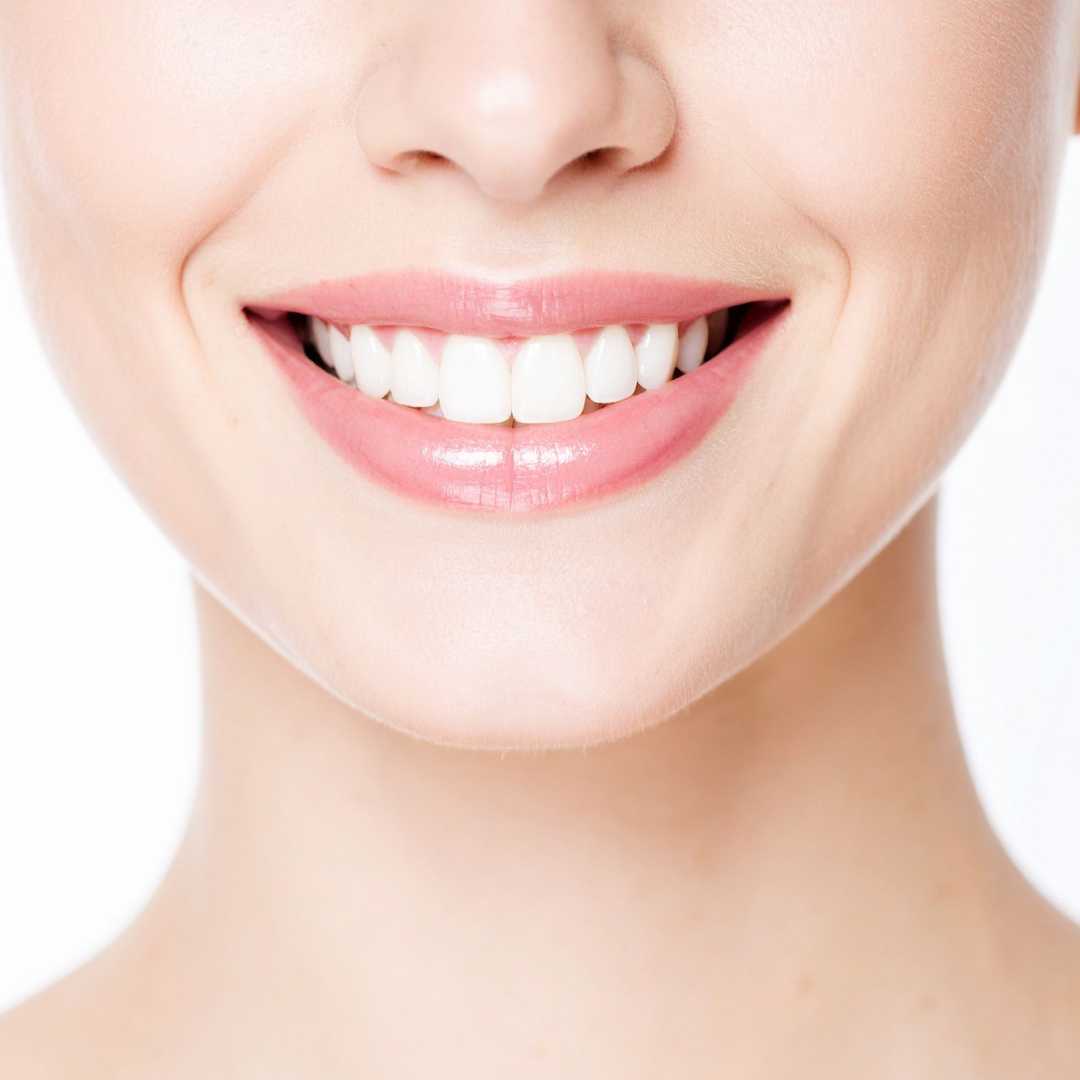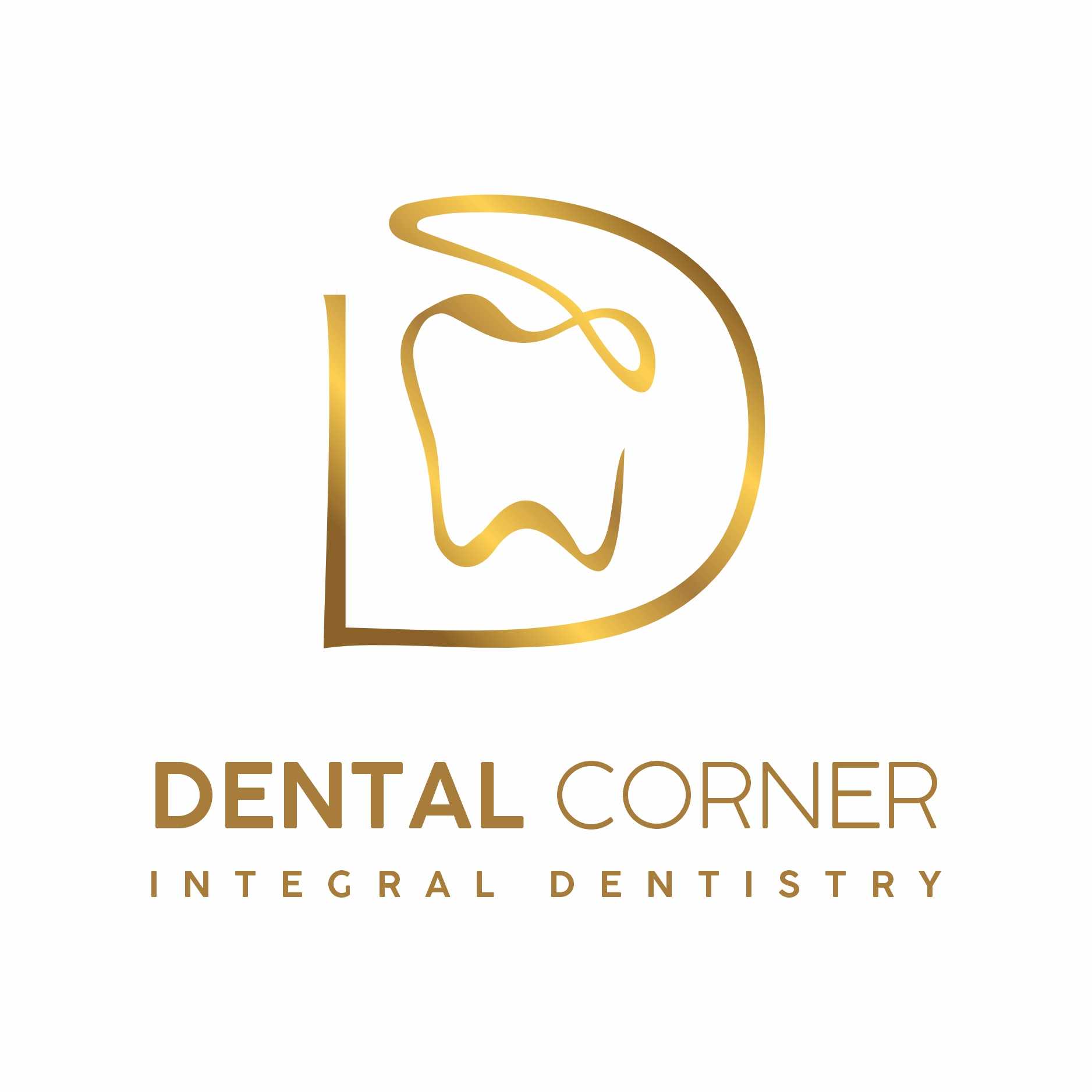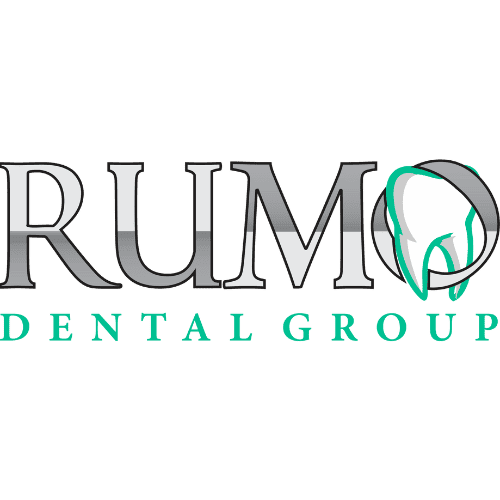Reasons to Choose Dental Work in Mexico

Embarking on a journey for dental work can be a significant decision, especially when considering the financial aspect. Many individuals, particularly from North America, are increasingly looking south of the border for their dental care needs. The question "Is dental work cheaper in Mexico?" is a common one, and the resounding answer is yes. Patients can often find high-quality dental treatments in Mexico at a fraction of the cost compared to the United States and Canada, with potential savings of 50-70% or even more. This detailed guide will explore why dental tourism to Mexico is thriving, what to expect regarding costs and quality, and address all your burning questions about getting your teeth fixed in Mexico.
Why is dental work cheaper in Mexico?
"Dental work is cheaper in Mexico primarily due to the lower cost of living and operating expenses for dental clinics, which allows them to offer significantly reduced prices compared to the US and Canada."
The economic landscape in Mexico plays a crucial role in the affordability of dental procedures. Labor costs, rent for clinic spaces, and general overheads are considerably lower than in developed nations. This reduction in operational expenses translates directly into lower prices for patients. Despite the reduced cost, many Mexican dental clinics maintain high standards of care, utilizing modern equipment and materials comparable to those found in the US. The competitive market among Mexican dentists also encourages competitive pricing, further benefiting patients seeking affordable dental solutions.
How much can I save on dental procedures in Mexico?
"Patients can typically save between 50% and 70% on dental procedures in Mexico compared to the costs in the United States and Canada."
The savings can be substantial, making dental tourism to Mexico a very attractive option for those without comprehensive dental insurance or facing expensive dental treatments at home. For instance, a procedure that might cost several thousand dollars in the US could be hundreds in Mexico. This significant cost difference can make complex treatments like dental implants or full mouth restorations accessible to a wider range of patients who might otherwise forgo necessary care.
What is the average cost of a dental implant in Mexico?
"The average cost for a single dental implant in Mexico typically ranges from $750 to $1,500 USD, which usually includes the implant, abutment, and crown."
This is significantly lower than the average cost in the US, which can range from $3,000 to $5,800 or more for a single implant. For more extensive procedures like All-on-4 dental implants, the cost in Mexico might be $7,000 to $15,000 per arch, whereas in the US, it could be $20,000 to $45,000 per arch. The price can vary based on the implant brand (e.g., Nobel Biocare, Straumann), the complexity of the case, and whether additional procedures like bone grafting or sinus lifts are required. Even with travel expenses factored in, the savings on dental implants in Mexico can be substantial.
How much does a dental crown cost in Mexico?
"A dental crown in Mexico typically costs between $200 and $500 USD, depending on the material (e.g., porcelain-fused-to-metal, zirconia, E-max) and the specific clinic."
In comparison, dental crowns in the US can range from $800 to $1,500 or more per crown. The lower cost in Mexico does not necessarily reflect a compromise in quality. Many clinics use high-quality materials and employ skilled technicians to fabricate crowns, ensuring a durable and aesthetically pleasing result. Patients often choose Mexico for dental crowns to save money without sacrificing the standard of care.
What is the cost of a root canal in Mexico?
"The cost of a root canal in Mexico generally ranges from $100 to $350 USD, with more complex cases or specialist treatments potentially costing up to $550 USD."
This is a stark contrast to the US, where a root canal can cost anywhere from $700 to $1,500 or more, depending on the tooth's location and complexity. Often, the price in Mexico for a root canal might include the necessary X-rays and initial consultation. Many Mexican dentists are highly experienced in endodontic procedures, providing effective and pain-relieving root canal treatment at a fraction of the price.
How much do dentures cost in Mexico?
"Dentures in Mexico can cost anywhere from $200 for a full acrylic denture to $1,500 or more for higher-quality partials or implant-supported dentures."
For comparison, a full set of conventional dentures in the US can range from $1,000 to $3,000 per arch, while implant-supported options can reach tens of thousands of dollars. Mexico offers a wide range of denture options, including flexible partial dentures, immediate dentures, and various materials for full dentures. The significant cost savings on dentures in Mexico make it a popular destination for those seeking affordable and functional tooth replacement solutions.
Is the quality of dental care in Mexico comparable to the US or Canada?
"Yes, the quality of dental care in Mexico can be comparable to, and often excellent, in many reputable clinics, especially those catering to dental tourists."
Many Mexican dentists receive their education and training from highly regarded universities, often with international affiliations. They frequently participate in continuing education courses and use state-of-the-art equipment and materials similar to those found in the US and Canada. The key is to research and choose reputable clinics with positive patient reviews and proper accreditations. While there can be variations in quality, just as in any country, the best clinics in Mexico adhere to strict sterilization protocols and offer high-quality, professional dental services.
What factors should I consider when choosing a dental clinic in Mexico?
"When choosing a dental clinic in Mexico, prioritize factors like dentist qualifications and experience, patient reviews and testimonials, clinic accreditations, adherence to sterilization standards, transparency in pricing, and the quality of materials used."
It's essential to do your homework. Look for dentists who are members of professional dental associations. Online reviews and testimonials from other dental tourists can provide valuable insights into patient experiences. Ensure the clinic has clear communication channels and provides a detailed treatment plan and cost breakdown upfront. Checking for international accreditations, such as those from the American Dental Association or similar bodies, can also be a good indicator of quality.
What are the common dental procedures sought in Mexico?
"The most common dental procedures sought in Mexico by international patients include dental implants, dental crowns, veneers, root canals, full mouth restorations, and cosmetic dentistry such as teeth whitening."
Many patients travel to Mexico for extensive dental work that would be prohibitively expensive in their home countries. This includes complex procedures like All-on-4 or All-on-6 implant systems, which offer a full set of fixed teeth. Cosmetic treatments, such as porcelain veneers and smile makeovers, are also highly popular due to their affordability. Routine procedures like cleanings, fillings, and extractions are also sought after for their low cost.
How do I plan a dental trip to Mexico?
"Planning a dental trip to Mexico involves researching reputable clinics, requesting quotes and treatment plans, considering travel logistics (flights, accommodation, transportation), and understanding border crossing procedures if traveling by land."
Many clinics in popular dental tourism destinations like Tijuana, Los Algodones, Cancun, and Guadalajara offer assistance with travel arrangements, including airport pickups and recommendations for local accommodation. It's advisable to have your initial dental records and X-rays sent to the Mexican clinic beforehand for an accurate assessment and personalized treatment plan. Factor in sufficient time for your treatment and recovery, as some procedures may require multiple visits over a few days or weeks.
What are the risks associated with getting dental work in Mexico?
"While generally safe, potential risks of getting dental work in Mexico can include communication barriers, the rare possibility of lower quality care in unvetted clinics, and challenges with follow-up care if complications arise after returning home."
To mitigate these risks, it's crucial to select a reputable clinic with dentists who speak English or provide interpreters. Thoroughly research the clinic's reputation, read patient reviews, and inquire about their sterilization practices and guarantees on dental work. For extensive procedures, consider clinics that offer clear follow-up plans or partnerships with dentists in your home country. While complications are rare in well-regarded clinics, understanding the potential challenges allows for better preparedness.
Is it safe to travel to Mexico for dental work?
"Yes, it is generally safe to travel to Mexico for dental work, especially in well-established dental tourism destinations and border towns that cater specifically to international patients."
These areas are often accustomed to tourists and have robust infrastructure to support dental tourism. However, like any international travel, it's essential to exercise caution, be aware of your surroundings, and take standard safety precautions. Many clinics offer secure transportation services from the border or airport directly to their facilities, enhancing patient safety and convenience.
Can I get a full mouth restoration in one trip to Mexico?
"For some full mouth restoration procedures like All-on-4 dental implants, it is often possible to complete a significant portion of the treatment, or even the entire procedure with temporary prosthetics, in a single trip to Mexico, typically lasting 3-7 days."
However, depending on the complexity of the case, bone grafting requirements, or the need for osseointegration (bone fusion with implants), a second trip might be necessary several months later for the placement of permanent restorations. Many clinics specialize in efficient treatment plans designed to minimize travel time for international patients, ensuring comprehensive care within a manageable timeframe.
Do Mexican dentists use the same materials as in the US?
"Many reputable Mexican dental clinics use the exact same high-quality materials, brands, and dental technologies as those found in the United States and Canada."
This includes leading brands of dental implants (e.g., Nobel Biocare, Straumann), aesthetic materials for veneers and crowns (e.g., E-max, Zirconia), and advanced diagnostic equipment like 3D CBCT scans. The cost difference is primarily due to lower operating expenses, not a compromise on material quality. Patients can and should inquire about the specific materials and brands the clinic uses to ensure their peace of mind.
What is "dental tourism" and why is Mexico a popular destination?
"Dental tourism refers to the practice of traveling to another country to receive dental treatment, typically driven by lower costs. Mexico is a leading destination for dental tourism due to its geographic proximity to the US, significant cost savings, and the presence of high-quality dental clinics."
The short travel distances, especially for those living near the US-Mexico border, make it a convenient choice. Beyond the financial benefits, many clinics offer a vacation-like experience, combining dental care with the opportunity to explore Mexican culture and attractions. The combination of affordability, accessibility, and quality makes Mexico an attractive option for a wide range of dental needs.
Are there any hidden costs I should be aware of for dental work in Mexico?
"Reputable dental clinics in Mexico are generally transparent about their pricing, but potential hidden costs can include additional procedures discovered during the examination, medication prescriptions, follow-up appointments, or unforeseen complications."
To avoid surprises, always request a detailed, written treatment plan and a comprehensive cost estimate before beginning any dental work. Ask if the quote includes all necessary X-rays, consultations, lab fees, and follow-up visits. It's also wise to factor in travel and accommodation expenses when budgeting for your dental trip to Mexico.
How do I ensure proper follow-up care after returning from Mexico?
"Ensuring proper follow-up care after returning from dental work in Mexico involves discussing a post-treatment plan with your Mexican dentist, carrying relevant dental records, and if necessary, finding a local dentist willing to provide continuing care."
Many Mexican clinics provide detailed documentation of your treatment, including X-rays and procedure notes, which can be shared with your local dentist. For extensive procedures like dental implants, follow-up visits might be built into the treatment plan, potentially requiring a second trip. Open communication with both your Mexican and local dentists is key to a smooth and successful recovery.
What are some popular cities in Mexico for dental tourism?
"Popular cities and towns for dental tourism in Mexico include Los Algodones (known as 'Molar City'), Tijuana, Cancun, Guadalajara, and Mexico City, each offering a unique blend of dental services and cultural experiences."
Los Algodones, located just across the border from Yuma, Arizona, is particularly famous for its high concentration of dental clinics and caters almost exclusively to dental tourists. Tijuana and Cancun are also major hubs, attracting patients from various parts of North America due to their accessibility and range of dental options. Guadalajara and Mexico City offer a more immersive cultural experience alongside top-tier dental care.
For comprehensive solutions to your healthcare and travel needs, explore the offerings at PlacidWay.


.png)




.png)









Share this listing